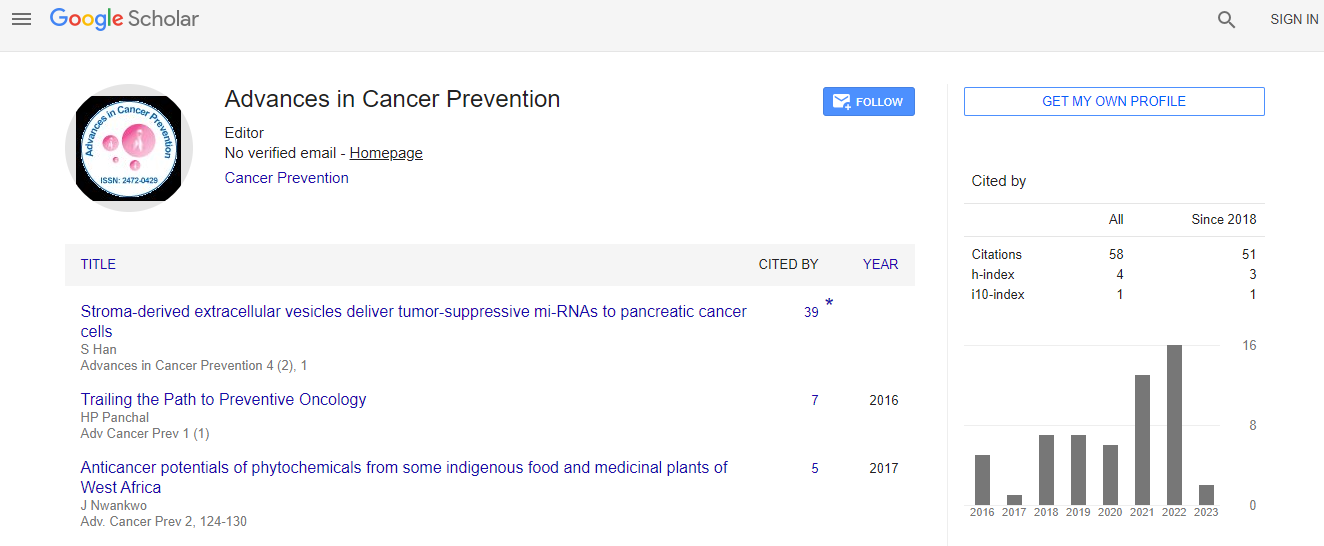Research Article
Knowledge about Carcinoma Cervix among the Females of Reproductive Age Group in Selected Urban Communities in Bangladesh
1USAID-DFID NGO Health Service Delivery Project, Population Services and Training Center (PSTC), Dhaka, Bangladesh
2Oncology and Radiotherapy Centre, Square Hospitals Ltd., Dhaka, Bangladesh
- Corresponding Author:
- Rabeya Begum
Monitoring Officer, USAID-DFID NGO Health Service Delivery Project
Population Services and Training Center (PSTC), Gulshan, Dhaka, Bangladesh
Tel: +8801558419494
Fax: +88029857268
E-mail: rabeyabegum91@yahoo.com
Received Date: May 12, 2016; Accepted Date: August 22, 2016; Published Date: August 29, 2016
Citation: Begum R, Shuayb M (2016) Knowledge about Carcinoma Cervix among the Females of Reproductive Age Group in Selected Urban Communities in Bangladesh. Adv Cancer Prev 1:114. doi:10.4172/2472-0429.1000114
Copyright: © 2016 Begum R et al. This is an open-access article distributed under the terms of the Creative Commons Attribution License, which permits unrestricted use, distribution, and reproduction in any medium, provided the original author and source are credited.
Abstract
Objective: Despite the fact that cervical cancer is a preventable disease, it remains the second most common cancer in Bangladeshi women. This study investigated the knowledge of the risk factors, symptoms, and detection and prevention methods of carcinoma cervix among the females of reproductive age group in two urban areas of Dhaka, Bangladesh.
Methods: A descriptive type cross sectional study was conducted involving 118 randomly selected women aged 15-49 years using structured interview questionnaire.
Results: Majority of the population were married with low parity and well educated. 84.8% women had heard of cervical cancer, which was mostly from a friend (23.7%) or newspaper (19.5%). 34.8% had no knowledge of risk factors for the disease, and 35.6% thought that multisexual partnership was a cause. 84.8% women believed that sterile materials should be used and 77.1% believed in the use of pad during menstruation. 48.3% of the respondents believed that post coital bleeding was a symptom but 32.2% had no knowledge about it. Only 16.1% respondents were aware of cervical cancer screening. VIA and Pap smear tests were known to only 10.2% and 7.6% of the participants but not a single person had had any of the tests. 51.7% participants felt that condom could save from cervical cancer. That the vaccination can prevent cervical cancer was known to only 11% respondents, and the vast majority (88.1%) had no knowledge about the preventive measures. 25.4% of respondents supported that cervical cancer could be fully cured if diagnosed early and 37.3% agreed that it could not be cured at an advanced stage.
Conclusion: Low level of knowledge on risk factors, symptoms, screening and prevention strategies about cervical cancer were demonstrated among these urban females. Findings highlight the importance of developing policies on health education and promotion, targeting the particular fields where knowledge is deficient.

 Spanish
Spanish  Chinese
Chinese  Russian
Russian  German
German  French
French  Japanese
Japanese  Portuguese
Portuguese  Hindi
Hindi 